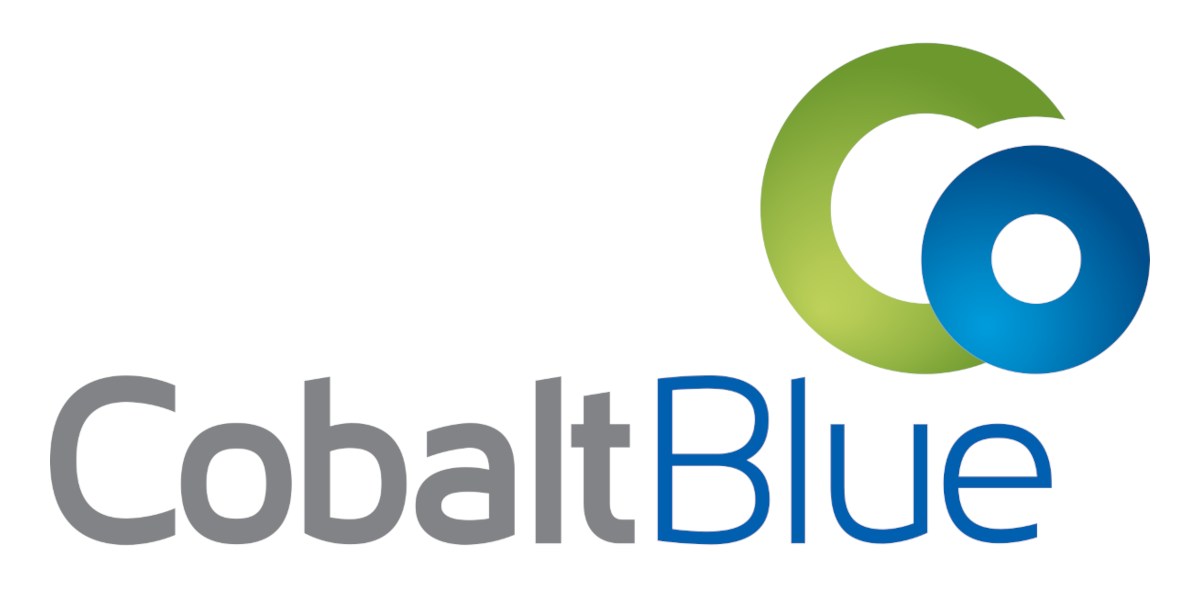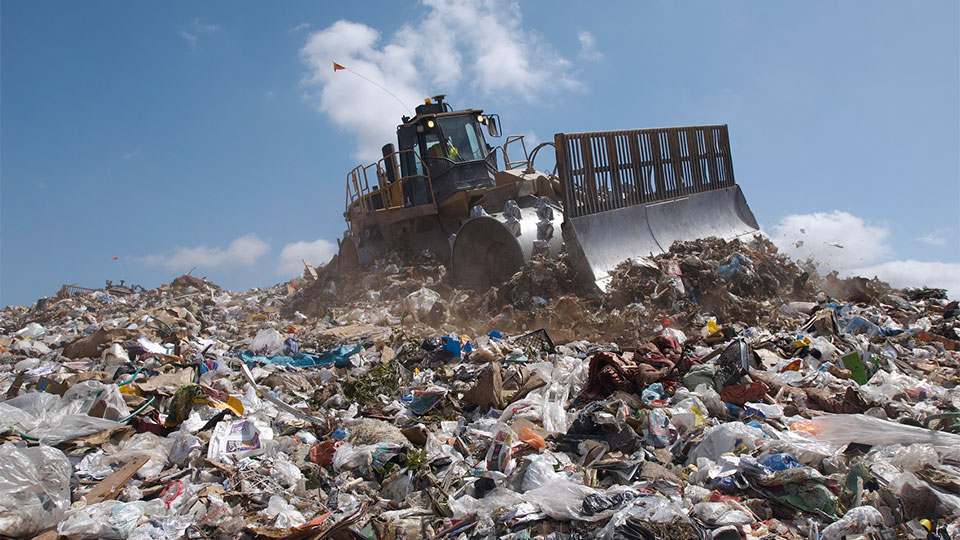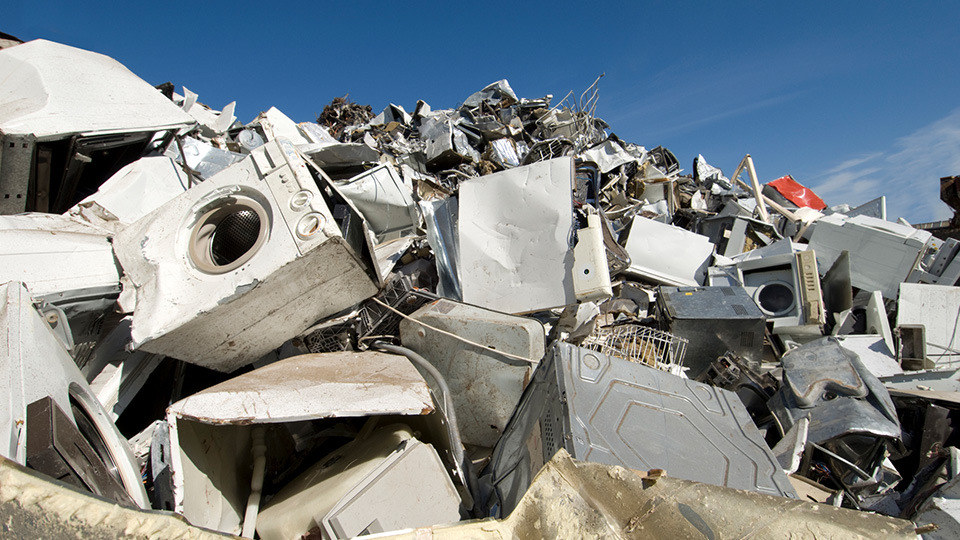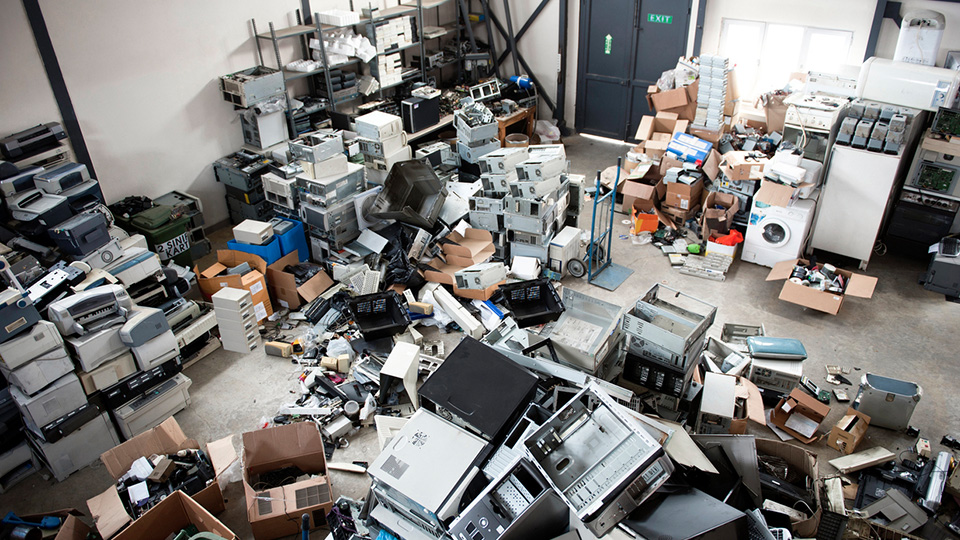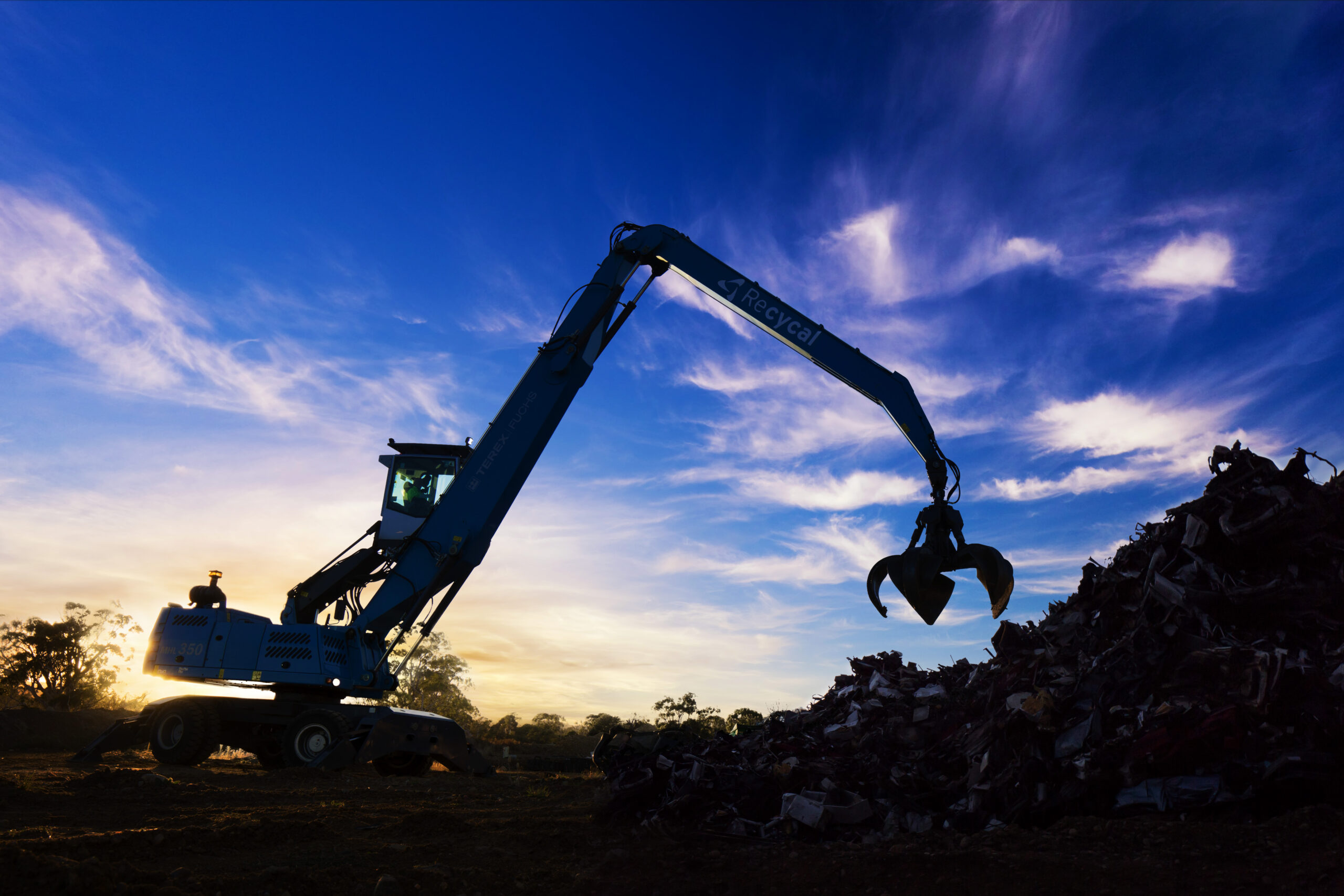Lithium-based batteries began to appear in the scene in the 1970s, so are relative newcomers to the rechargeable battery line up. They come in a variety of chemistries, but the ones most of us encounter are lithium-ion and lithium polymer batteries.
With good power to weight ratios, lithium batteries are taking over many applications previously dominated by nickel-cadmium or nickel-metal hydride batteries. Cameras, phones, tablet and laptop computers and electric cars are just a few of the products where lithium batteries can be found.
What’s Recycled?
Depending on the battery chemistry, steel, cobalt and other metals can be recovered from lithium batteries.
At this stage, despite their name, it is not viable to recover the relatively small amounts of lithium contained in spent batteries.
What Are The Economics?
Recycling costs exceed the value of the materials recovered, so the main force driving the recycling of these batteries is product stewardship considerations.
Next article: lead-acid batteries.
Other articles in this series:
Battery recycling #1 – Non-rechargeable household batteries
Battery recycling #2 – Nickel-based batteries
Battery recycling #4 – Lead-acid batteries
Ecocycle Safely Dispose Of Batteries
Keep harmful elements out of our environment, and recycle your old and unused batteries with us. For more information about our battery recycling services, fill out the form below.

